Starting a new above-ground pool for the first time or the seasons seems like a task to so many pool owners. The cleaning and chemical process of all types of the pool is time-consuming but is essential.
Pools are seasonal in most areas across the globe, and maintaining the pools according to the seasons every week is a lot of hard work. Considering the maintenance of the pool and maintaining the chemical balance of the pool, a pool owner must do it all.
You would require the right pool chemicals to maintain the chemical balance and right pH level of your pool to make it usable again for swimming. But learning how to use chemicals in your above ground pool is not as difficult as you think it is.
What are the Most Common Above Ground Pool Chemicals?
Chemicals in the pool help you maintain the efficiency of your pool and make it safer for your family.
1. Chlorine and Bromine
Chlorine and bromine are the most popular and common chemicals used in the above-ground pool. These chemicals are used to neutralize bacterial growth in the pool to make the water safe for everyone getting inside the pool.
2. Cyanuric Acid
This chemical is included with the chlorine by stabilizing chlorine to harmful UV light and expands the lifespan of the pool water.
3. Sodium Carbonate
This chemical is essential for the pool as it increases the pH level of your pool.
4. Sodium Bisulphate
This chemical helps in lowering the pH level and alkalinity of the above-ground pool.
5. Sodium Bicarbonate
If you use a dash of this chemical, it will help you increase the pool’s alkalinity.
6. Calcium Chloride
If you wish to raise the harness in the water of the pool, use some amount of this chemical.
7. Quaternary Ammonia
This chemical is the most common chemical used in the above-ground pool as it has anti-algae properties.
8. Sodium Di-Chlor
This chemical is used as an oxidizer in the above-ground swimming pool.
Test the pH Level of Your Above Ground Pool
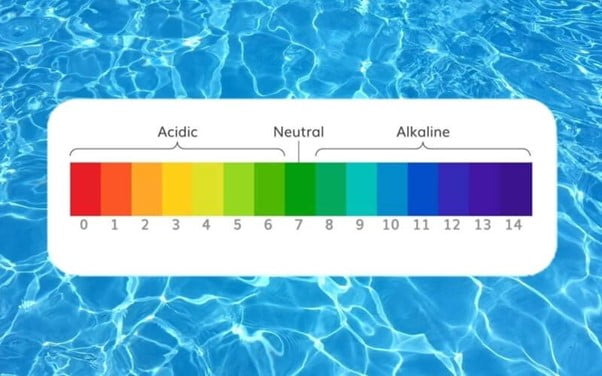
As an above-ground pool owner, you need to take good care of your pool and maintain its Ph level and check it from time to time. It is important to use a quality pool water test kit to examine the pH and chlorine level of your
What is the Ideal Range of an Above Ground Pool?
When maintaining an above-ground pool, there are several indicators that you need to consider while identifying the ideal range of your pools. Let us consider some of the most common indicators to ensure you have quality pool water at your home.
Here are the general pool water guidelines:
- chlorine- 1.0-3.0 ppm
- pH- 7.2-7.6
- Alkalinity- 80-150 ppm
- Bromine- 1.0-3.0 ppm
How to Balance the pH Level of a Pool?
Examining the pH level of your pool helps identify if your pool is on the acidic or basic side. If the pH level goes out of balance, then it may cause issues.
The pH level of a pool can be balanced with the help of Alkaline tablets, pool shock, and sanitizing the pool more often. These are the pH adjusters that help you balance the pH level of your pool.
The pH level of your pool should be examined at least 3 times a week; if you test the pH level of your pool often, it will not go out of balance and will always be ready to dive in.
The test can be performed easily using litmus paper by dipping the paper inside the water and seeing what color you get. Depending on the color, you will have your results within a few minutes.
Conclusion
Maintaining an above-ground pool is as important as maintaining a normal swimming pool. Chemicals play an essential role in maintaining the swimming pool, and keeping a check on the pH level of your pool will keep it safe for your family.

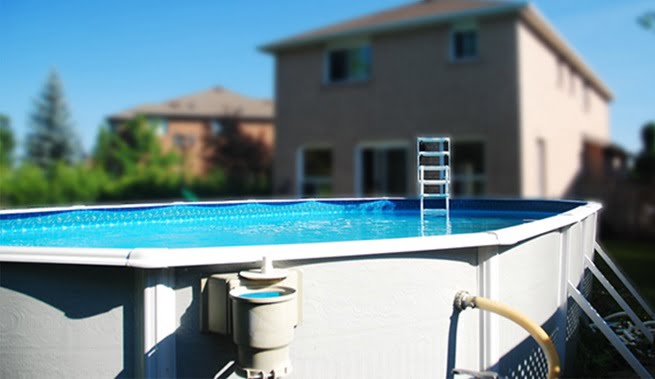
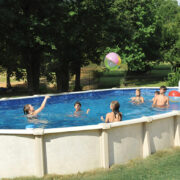
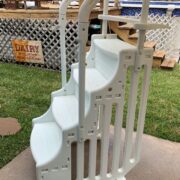
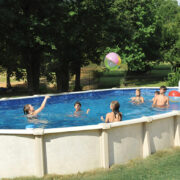
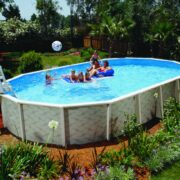
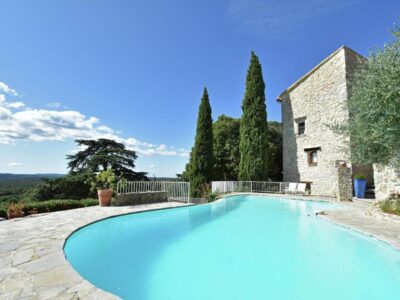

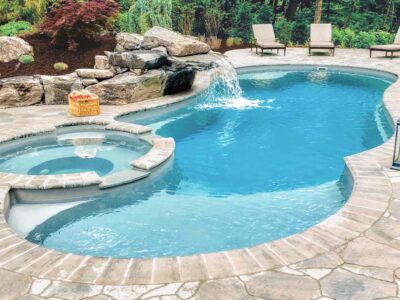
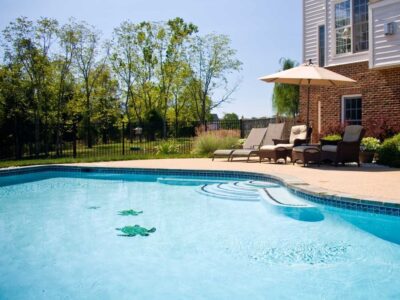
Comments